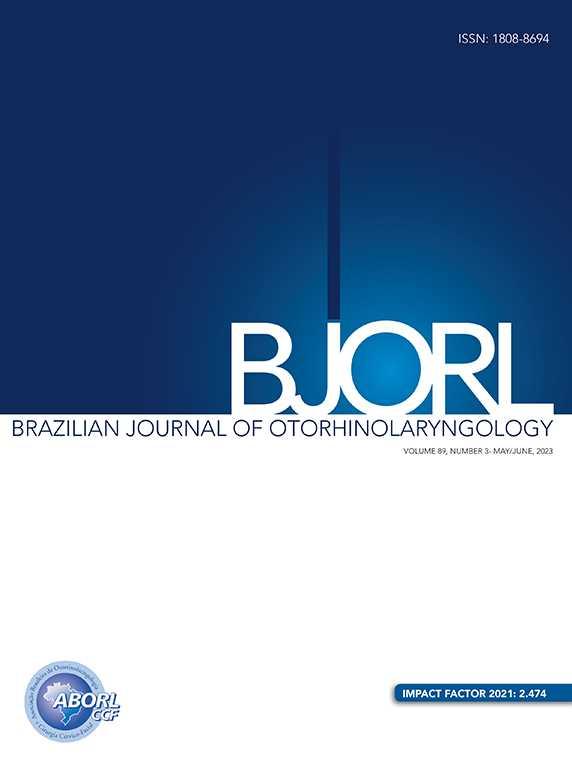“Deafness means the loss of the most vital stimulus — the sound of the voice that brings language, sets thoughts astir, and keeps us in the intellectual company of man.” (Helen Keller).
In the panorama of deafness, the otorhinolaryngologist is the expert who makes the final decision regarding treatment (whether clinical, surgical, or the use of a hearing aid), with the intent to improve hearing and mitigate the impact of hearing impairment.
In today's world, communication is crucial; technological advances can provide appropriate remedial measures and control for all levels of hearing loss in all ages to facilitate the development of intellect and learning, as well as to improve educational performance and to foster optimum integration of the affected individual into family, social, and work environments.
Mandated by current legislation, the widely performed otoacoustic emission test for early detection of deafness requires early intervention. Hearing rehabilitation is essential in deaf children, who sometimes are afflicted with multiple disabilities and comorbidities that necessitate a multidisciplinary and multiprofessional approach, always involving the otolaryngologist.
The world of the Internet provides continuing education for all of society, and it has provided us with suggestions for solutions and health policies that establish new safeguards to guarantee accessibility for individuals with disabilities. As technology advances, the otorhinolaryngologist will need constant updating and familiarity with these new situations, because, with the increase in life expectancy and the noisy world in which we live, the population of deaf individuals will grow.
Our commitment to seek the best for our patients increases every day, and deafness must not be underdiagnosed or overlooked; it is not always possible to stabilize the progression of deafness, but it is possible to improve the auditory input with individual sound amplification devices (ISADs) or surgery, either in the middle ear or with cochlear implants.
Future generations will place higher demands on both technology and esthetics; thus, otorhinolaryngologists involved with hearing will increasingly need to address future needs referable to the auditory pathways and the external ears with the same attention they now give to the inner ear and cerebral cortex, considering the tonotopic distribution of the cochlea, plasticity and dead zones.
The training of the otolaryngologists should include information about the compatibility of hearing aids with connectivity, frequency modulation systems, and other advanced-technology accessories that meet the needs of the patient, since these are therapeutic options that should be presented to the patients and their families in order to provide better communication options.
Legislation in this arena is occurring worldwide; lawyers and judges discuss medicine and are aware of the available benefits to patients, and strive to help them, while often physicians are unaware of the legislation. The inclusion of the disabled in the labor market adheres to the legislation, as there are minimum standards and guidelines for the assessment and monitoring of workers exposed to high levels of sound pressure.
The International Classification of Functioning, Disability, and Health (ICF) has been accepted by 191 countries as the new international standard to describe and assess health and disability. The ICF focuses its interest on the concept of “life”, considering the way people experience their health problems and how they can improve their living conditions in order to have a productive and enriching existence. This has implications on the practice of medicine, on the legislative and social policies aimed to improve access to health care, as well as on the protection of individual and collective rights.
Legal support to the hearing-impaired individual grows vertically and ensures that these individuals will have benefits; the otorhinolaryngologist is part of this context. “The silence of deafness can make a difference in the life of each individual that comes to us and we can change that history… it is the true meaning of being here together, in an endless search for wisdom.”
The author declares no conflicts of interest.
Please cite this article as: Gândara M. The otolaryngologist and deafness. Braz J Otorhinolaryngol. 2014;80:460–1.





